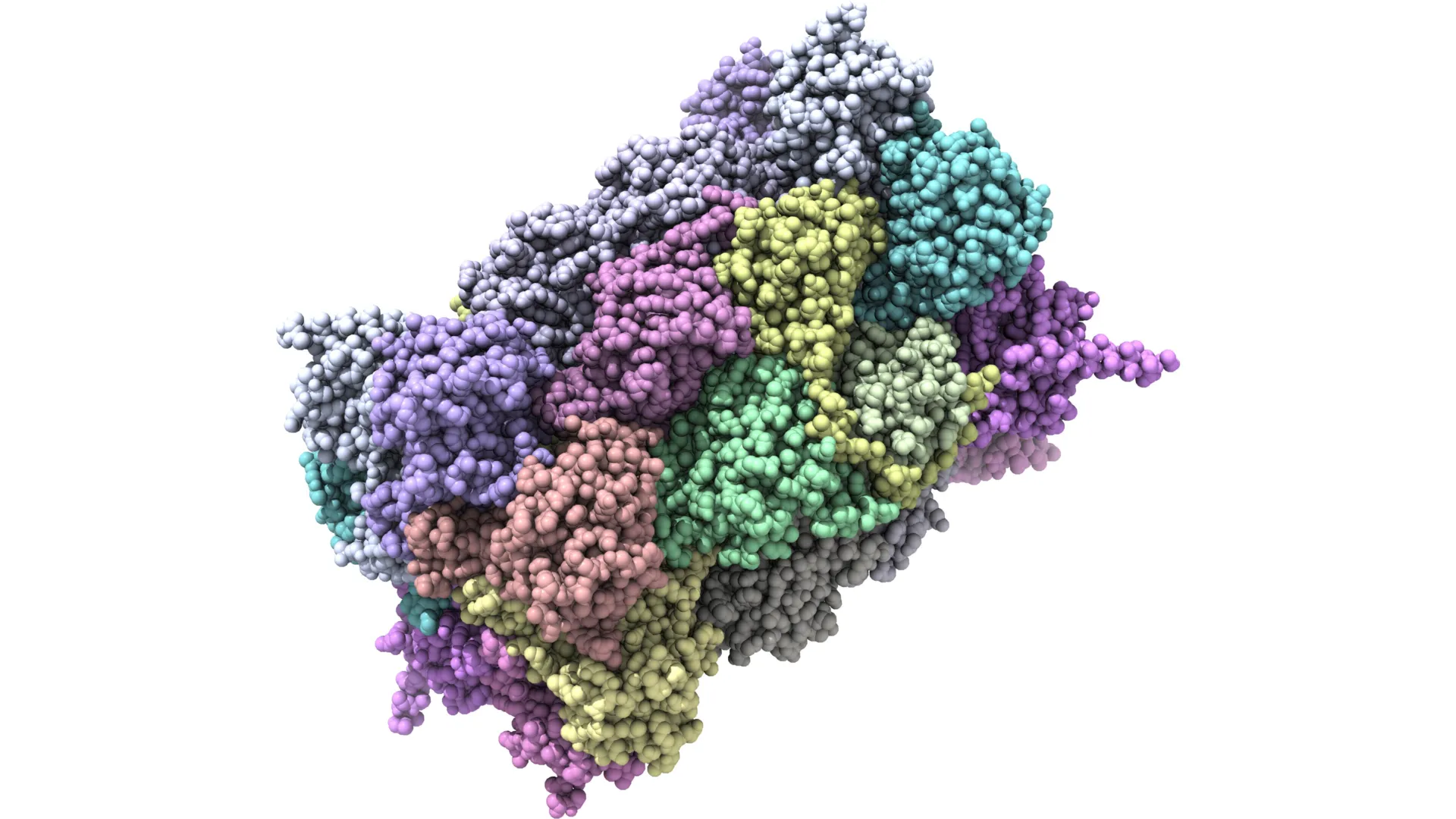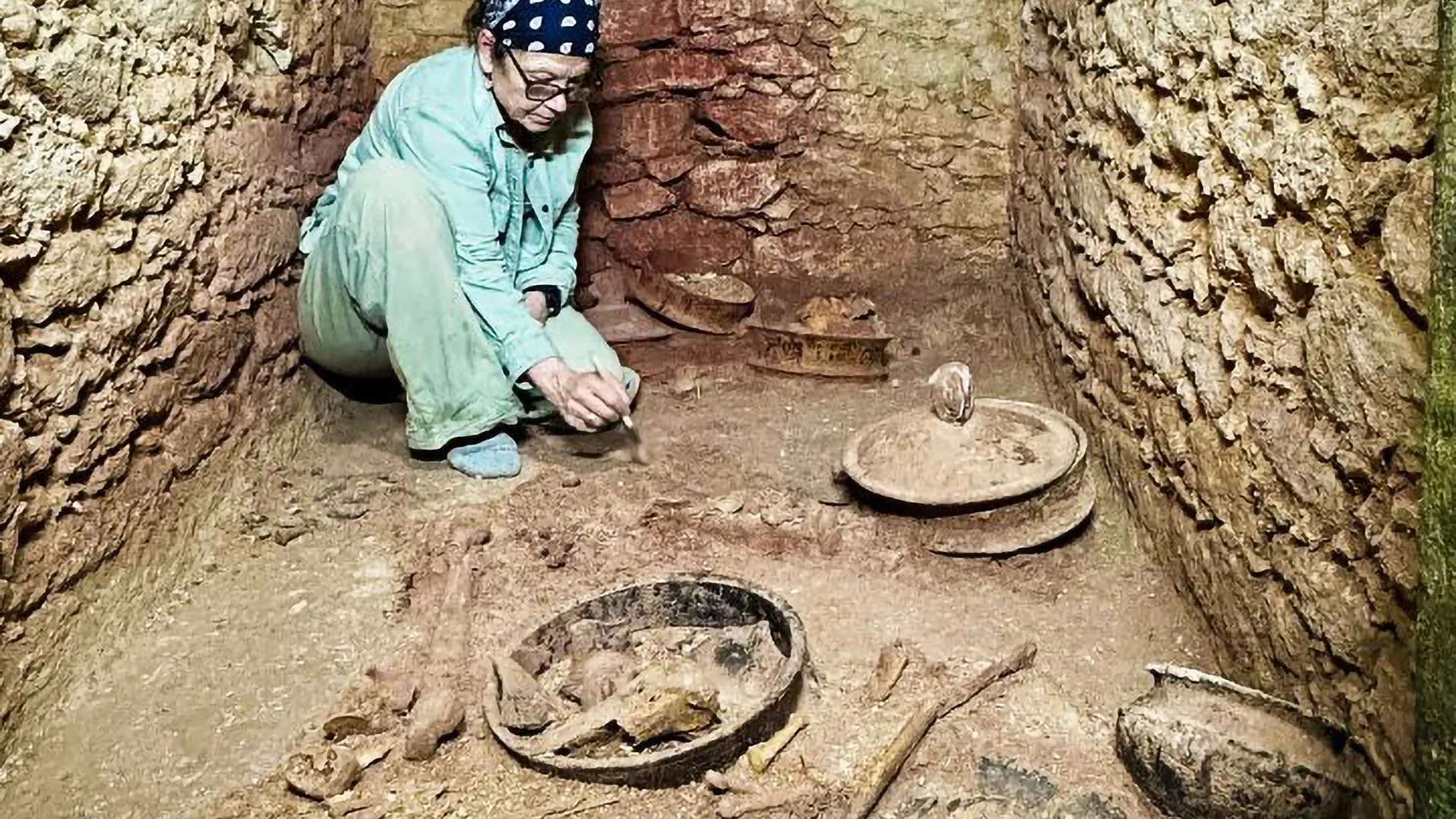Now Reading: Scientists Discover 200+ Hidden Proteins Linked to Alzheimer’s Disease
-
01
Scientists Discover 200+ Hidden Proteins Linked to Alzheimer’s Disease
Scientists Discover 200+ Hidden Proteins Linked to Alzheimer’s Disease

speedy summary
- Alzheimer’s and amyloids: Traditionally, Alzheimer’s research has focused on A-beta and tau amyloids, which impact brain function by killing neurons.
- New findings: Johns Hopkins University researchers identified over 200 types of misfolded proteins in rats, suggesting these may play a role in age-related cognitive decline beyond amyloids.
- Study details:
– Researchers examined 17 two-year-old rats. Seven showed cognitive impairment while ten performed normally on memory tests.
– They analyzed over 2,500 protein types in the hippocampus (linked to memory and learning).
- Key insights:
– More than 200 proteins were misfolded exclusively in impaired rats but remained correctly folded in healthy ones.
– Misfolded proteins disrupt cell function even without forming visible clumps like amyloids. This may challenge prior assumptions about protein-related brain dysfunction.
- Potential outcomes: The study could pave the way for new therapeutic targets to help millions suffering from Alzheimer’s or other age-related conditions affecting memory and independence.
- Next steps involve high-resolution analysis to understand specific molecular deformities.
Read More: Science Daily
Indian Opinion Analysis
The identification of over 200 new misfolded proteins linked to cognitive decline presents promising opportunities for global neurodegenerative disease research-potentially transforming how disorders like Alzheimer’s are understood at a molecular level. For India, where an aging population is creating significant healthcare challenges related to elderly care and neurodegenerative diseases, such findings underscore the importance of investing further into biomedical research infrastructure.
The implications extend beyond academic discovery; access to advanced therapeutics targeting these newly identified proteins could provide relief for millions globally-and especially Indian families managing dementia amidst limited geriatric support systems.With cost-effective treatments being vital for India’s resource-constrained healthcare landscape, emerging therapies may also open doors for indigenous biotech collaborations or low-cost manufacturing opportunities.
The neutral tone reflects that while breakthrough discoveries hold promise globally-including potential benefits for India-a pragmatic approach must be maintained as scientific advancements unfold toward real-world applications in medical treatments.
























